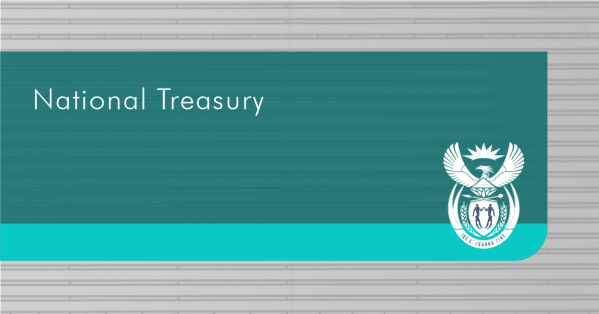On 4 November 2022, the Minister of Finance promulgated the Preferential Procurement Regulations, 2022 (2022 Regulations) in terms of the Preferential Procurement Policy Framework Act 5 of 2000 (PPPFA).
On 8 November 2022 National Treasury published a media statement regarding the new regulations here.
Importantly, the National Treasury media statement said the 2022 Regulations would act as a “placeholder” for organs of state pending the enactment of the Public Procurement Bill, which, according to the statement is being finalised and will be introduced to Parliament in or before March 2023.
The Public Procurement Bill (which will be effective from 26 January 2023) is meant to repeal the PPFA, but must still undergo the legislative process. Treasury published a media statement confirming, amongst other things, that the 2017 Regulations are still valid (until 26 January 2023) and that all new tenders must be published in accordance and compliance with the 2017 Regulations and that all exemptions granted during the period of uncertainty (i.e. between the Constitutional Court’s February 2022 and May 2022 judgments) would lapse.
What is included in the 2022 Regulations
Firstly, the 2022 Regulations confirm that they apply to organs of state as defined in the PPPFA, which includes all public entities listed in Schedule 2 and 3 of the Public Finance Management Act 1 of 1999
(ex: Eskom) and municipal entities as defined in the Municipal Systems Act 32 of 2000.
Secondly, the 2022 Regulations stipulate that the applicable preference point system (whether 80/20 or 90/10) that will be used in the evaluation of that procurement process should be published in every tender document. The new regulations however specifies that the 20 and 10 allotment is reserved for “specific goals”, as opposed to BBBEE requirements as per the 2017 Regulations. Further debate should be considered regarding what “specific goals” could mean in terms of BBBEE, the Reconstruction and Development Programme (RDP) and Transformational Goals.
Thirdly, the public participating in tenders should clearly identify “transformational” goals that are required and determine whether they as bidders, meet those requirements not, they could consider other avenues to meet the goals such as subcontracting or bidding as a consortium.
What is not included in the 2022 Regulations
The regulations do not contain stipulations regarding when an organ of state is entitled to cancel a tender. Bidders should consider the tender document stipulations and the specific organ of state’s supply chain management policy for further guidance.

